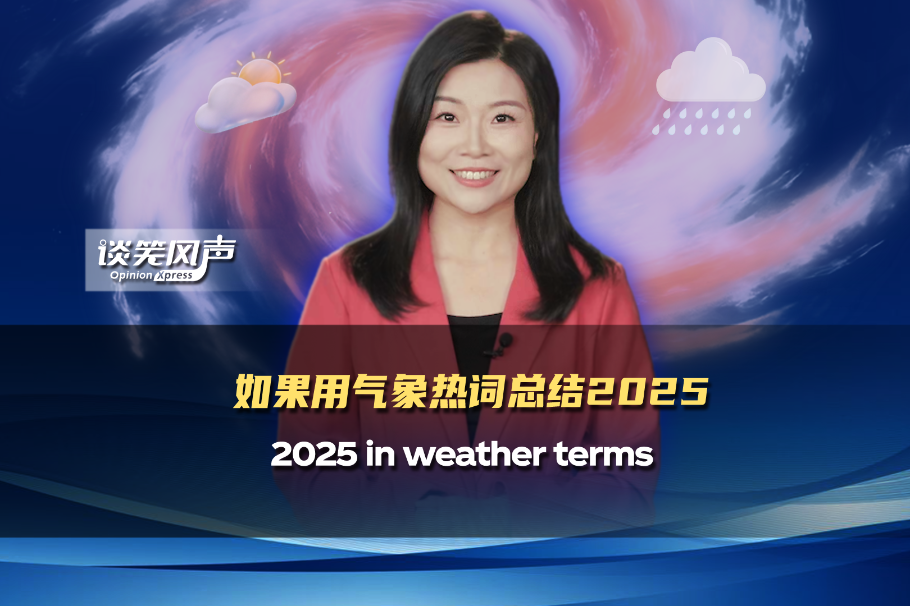High healthcare costs strain millions of seniors in US

The exorbitant cost of healthcare for older people in the United States is causing some to avoid going to the hospital over fears that it will deplete their savings or cause financial hardship for themselves and their families.
About 37 percent of US citizens aged 65 and older were concerned that they would not be able to pay for vital healthcare services this year, according to a study by Gallup and the West Health Group. Around 6.5 million people over 65 admitted that they have put off seeking treatment due to the cost.
Doreen Ferraro, 71, from New York, decided not to have back surgery over fears it would use up all her savings.
"I was supposed to have back surgery, but I found out that the co-pay for the hospital was $350. That would wipe out any savings I have completely. So, I haven't had the surgery done, and I have great pain when I stand up," she said in the Gallup study.
By 2050, the number of US citizens aged 65 and older will increase by 50 percent to 86 million, according to US Census estimates. Another 19 million people will be aged 85 and over, The New York Times reported.
Older Asian Americans make up 4.6 percent of the US' senior population, according to the Administration for Community Living, which is part of the US Department of Health and Human Services. By 2060, that number will rise to 8 percent, and there will be an estimated 1.3 million Asians aged 85 and older.
Medicare, a federal health insurance program for those aged 65 and over, pays for anyone eligible who needs to stay in a nursing home temporarily after surgery or those who need a home health aide.
Medicaid, another federal state program, helps those who have low incomes if they need long-term care in a nursing home. Those who are middle class qualify only if they have no or limited assets.
In nursing homes, those who stay long term can spend $100,000 per year if they have no Medicaid coverage. The average age of a nursing home resident is 77.
Lawana Baugus, 61, who lives in Missouri, fears that she or her husband will get sick.
"I live under constant worry that one of us is going to have to go to the hospital. And we just don't have the money to pay ... or make payments. So, we hesitate to even go to the hospital for anything," she said in the Gallup study.
Seniors who are not able to manage the cost of healthcare along with their rent or mortgage can face temporary or long-term homelessness, many homeless shelters warned.
At least 250,000 seniors were homeless at some point in 2019, according to the US Department of Housing and Urban Development.
"The numbers (of homeless baby boomers) are increasing," Lisa Glow, chief executive of Arizona's largest homeless center, the Central Arizona Shelter Services, told China Daily.
Today's Top News
- SOEs post stable revenue, profits in Jan-Nov
- First brew in Lhasa
- PLA fully capable of crushing secessionist attempts
- China holds central rural work conference
- President Xi to deliver New Year's message to ring in 2026
- Xi's diplomacy in 2025: Shedding light on a world at crossroads






























